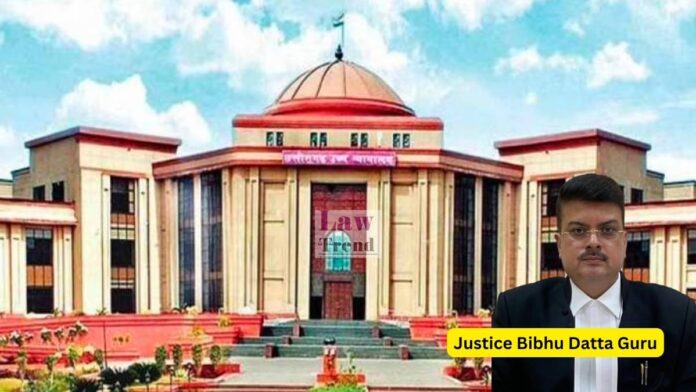In a significant judgment, the Chhattisgarh High Court underscored the quasi-judicial nature of caste scrutiny committees, emphasizing their obligation to follow principles of natural justice and statutory procedures. The ruling came in the case of Laxmi Narayan Mahto v. State of Chhattisgarh & Others (WPC No. 884 of 2015), where the court quashed the cancellation
To Read More Please Subscribe to VIP Membership for Unlimited Access to All the Articles, Download Available Copies of Judgments/Order, Acess to Central/State Bare Acts, Advertisement Free Content, Access to More than 4000 Legal Drafts( Readymade Editable Formats of Suits, Petitions, Writs, Legal Notices, Divorce Petitions, 138 Notices, Bail Applications etc.) in Hindi and English.




